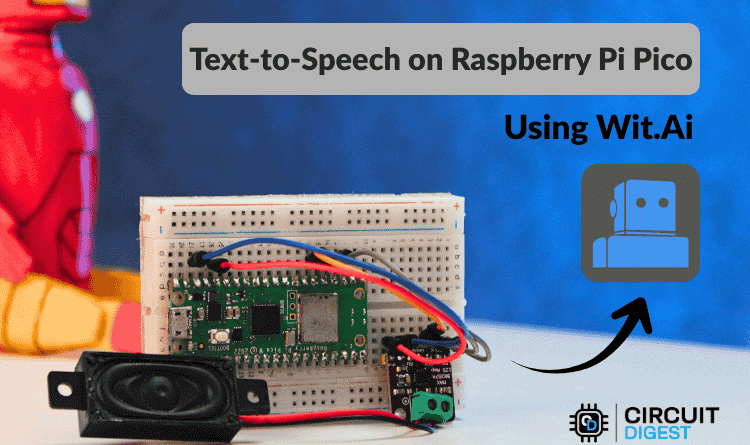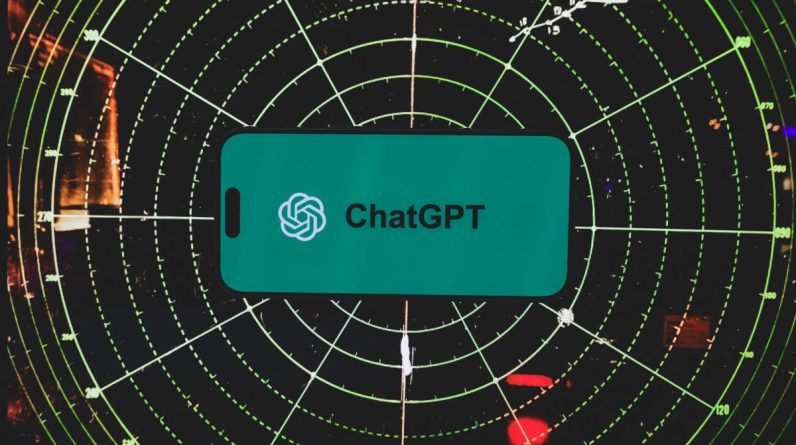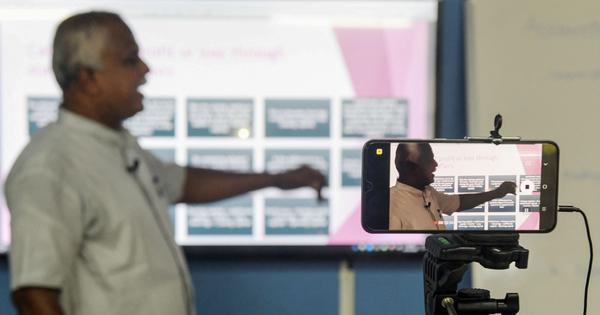
I have a memory — a tactile memory from the fourth grade, when I first learned to use the card catalog in my school library.
Flipping through those vaguely musty index cards, I felt joy as new worlds opened for me. This memory contrasts with today’s digital searches, which provide immediate results but lack the tactile experience.
What have we lost in this transition, and can we recapture it? What have we gained along the way?
From card catalogs to Googling, my journey through search technologies mirrors a broader cultural evolution in academia. The way we discover, gather and deliver information has changed, shaping our understanding of truth and learning — and potentially altering the future of education.
Growing up in a home where the loudest truths were lies told to outsiders, I began a lifelong search for understanding.
This journey, from navigating a library to using my grandfather’s first computer, laid the groundwork for my academic path. The digital revolution offered an endless stream of information, but with it came the challenge of discerning truth from falsehood.
As digital technologies evolved, so did the nature of search and my own understanding of truth.
Searching for information about a cultural icon like Kurt Cobain, I was overwhelmed by the volume of knowledge available. I fine-tuned my natural skepticism: There’s so much out there about Kurt, so can all of it be true? Words and images on a screen appeared reliable, but many were simply made up. Deception became part of search.
YouTube: Encouraging the shift to ‘learning by doing’
In my twenties, YouTube revolutionized how we access and share information, becoming a crucial educational resource.
I remember when I constructed my first WordPress site for our Center for Excellence in Learning, Teaching and Technology. With no prior experience, YouTube became my classroom. Experts demystified complex processes through short tutorial videos, enabling millions like me to learn by observing and replicating their actions.
YouTube compels both students and educators to discern reliable sources from misleading contentJessica Stansbury University of Baltimore
This single platform is responsible for a revolution in DIY. Search has evolved from a linear, passive experience to one that is active, engaged, and results-oriented.
Learning by doing, especially when supported by video tutorials, demonstrates a digital and pedagogical shift. It highlights a departure from the traditional, one-way method of education — student as the recipient of information — toward an approach that pushes the student closer to the center of the action.
This transformation is evident not just in individual learning projects but across entire educational institutions that now integrate digital tools to enhance accessibility and engagement.
The rise of platforms like YouTube also bears implications for digital literacy, a critical skill in education.
It compels both students and educators to discern reliable sources from misleading content — a vital competency in navigating a vast information landscape filled with pitfalls. The quest for truth becomes both a personal challenge and an academic skill, refined not through solitary study but through the communal and interactive nature of digital learning environments.
Gen AI: Democratizing access for solitary learners
As technologies progress, so does their integration into educational settings.
The arrival of generative artificial intelligence technologies like ChatGPT represents yet another paradigm shift, this time toward personalized learning, and maybe even AI-assisted research.
My engagement with AI isn’t just about leveraging new tools. It reflects a deeper evolution in how we perceive knowledge and expertise.
Generative AI can democratize access to information, leveling the playing field for those like myself, a first-generation college graduate, who may feel marginalized within the traditional academic environment. It offers a pseudo-interaction that, without replacing genuine human connection, can provide a semblance of understanding and personal response previously unavailable to solitary learners.
Imagine a digital assistant that provides the student with prompts, or with an introduction to the power of secondary sources:
Great job researching the Voting Rights Act of 1965. Now, can you investigate the backgrounds of the lawmakers and activists who made that law happen?
The consequences of the technology extend beyond personalized and accessible learning experiences.
In academia, where history characterizes the pursuit of knowledge as an individual process, AI tools challenge us to rethink the nature of teaching and scholarship. They lead us to question not only what we teach but how we facilitate learning.
Can AI foster a more inclusive and engaging educational environment? Or does it risk simplifying the complexities of critical thinking and scholarly debate?
Searching for insight, meaning and justice
Reflecting on these technological transformations, from card catalogs to AI conversations, it’s clear that the search for knowledge is both a personal and collective evolution.
Each step forward reshapes not just how we gain knowledge, but what it means to know, to teach and to learn.
As we navigate tumultuous times, with students and activists demanding change across campuses and associated industries, our search for knowledge becomes a search for insight, meaning and justice. The “search revolution” is about understanding more deeply, learning collaboratively and teaching more effectively in a complex information landscape.
Through our unease with new technologies, we might find comfort in the truths they uncover. Our shared dream of understanding can guide us toward progress as we continue to seek truths, both old and new.
As educators and students, we must adapt, question and change as we continue our search for knowledge in an evolving world.
Companies:
University of Baltimore / YouTube








